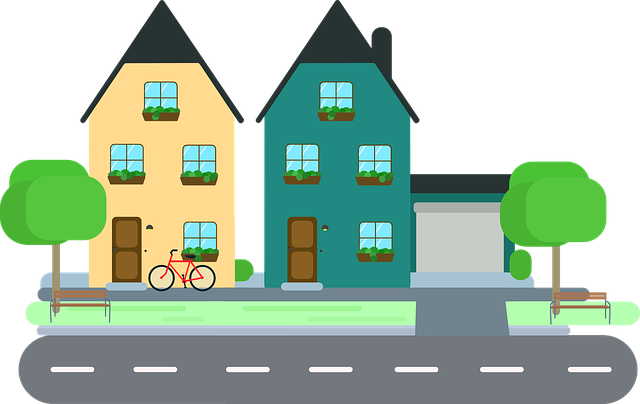Has the London Property Bubble Already Burst?

The beginning of the New Year has showed signs of a cooling market for London’s property, although, this trend is not new. In 2017, the London housing market performed the worst in the UK with property prices dropping by 22,000 in 2017.
Rightmove has predicted that the downward trend will continue and has continued in 2018 with property prices in London dropping another 1.4%. Although sellers are worried by the steady decline in property prices, they should not be surprised. There have been declining transaction volumes, with properties staying on the market for an average of 78 days, 7 days more than in December 2017, and this often foreshadows a drop in property values.
Although it is not just London with relatively pessimistic numbers. Nationwide predicted that prices would be flat throughout the entirety of 2018 and in most regions. The predicted growth from Halifax is between 0 and 3% while Nationwide predicts only 1% growth and some estate agents such as Savills predict a decline as much as 2% in 2018.
As a whole, as reported last year the London market performed the worst with a 3.5% decline in 2017, however, the capitals zones are not created equally when calculating the Greater London market. Zone 1 sellers are waiting for an upturn in the market, there is a 17% cut in new properties compared to January of last year and Zone 5 has had a marginal drop but it’s zone’s 2 and 3 that have contributed the most to the declining price drops with Zone 3 falling 7.7% and Zone 2 by 6.4%.
Economic Conditions Pressuring the Bubble
The housing market is often a reflection of the overall economic situation. In the second half of 2017, we saw economic growth slowing, private consumption declining and rising inflation resulting in declining real incomes. This economic environment does not promote movement or encourage people to reach for the property ladder.
It is natural to blame the uncertainty from Brexit for the slowing market. According to The Royal Institute of Chartered Surveyors, there are fewer houses becoming available for purchase, supporting the idea that uncertainty has led to people staying where they are. However, the data does not always tell the full story.

Less Property Buyers in London
Certainly, there are fewer people trying to purchase property in London in the South East region, but property prices and inquiries are growing in every other region. In the last year, the North West and Wales have both increased by more than 5.5% and homes in Birmingham take 21 fewer days on average than London to sell.
Many people welcome the price correction in the inflated housing market in London and the South East. Price rises have been much more moderate in the other regions and subsequently, people are turning to those regions to climb the property ladder without spreading themselves too thin financially. Despite the Brexit uncertainty and inflation, there does not seem to be a general market slowdown, but rather the numbers are telling the story of a bursting London bubble.